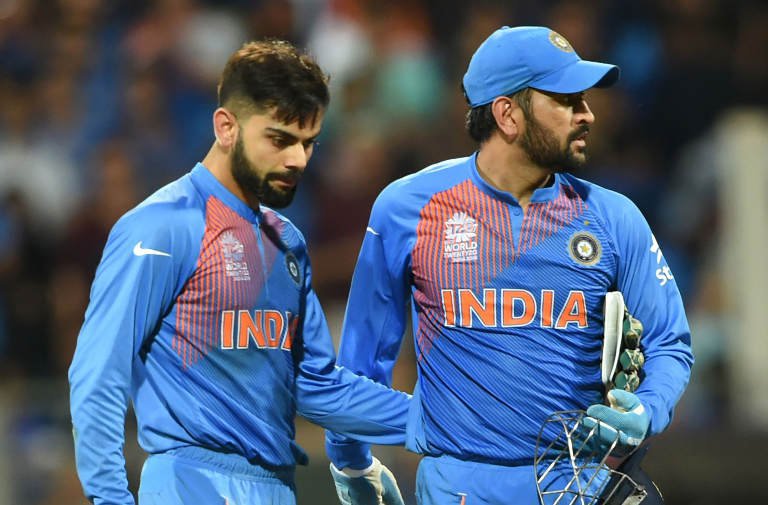One man does not make an army and a look at the numbers across no less than six editions of the WT20 are revealing in that context. Even as Virat Kohli threatened to take India across the line with his brilliance at the crease and an unwavering will to win, India fell agonizingly short. Cricket is a team game and while individual brilliance has often won games, it has rarely if ever, resulted in sustained success.
Even the greatest accumulator of them all, Sachin Tendulkar could barely tilt the scales in favour of India, despite his enormous contributions through the 1990s. The vanity of individual results is best explained by the fact that Tendulkar’s 523 runs and Anil Kumble’s 15 wickets – both the highest in the 1996 World Cup – did not matter in the end.
India did not make the final, just as is the case in this WT20. It was Sri Lanka that defeated Australia to win their only ODI World Cup on the strength of a magnificent team effort.
Remember too that despite playing a big hand with the bat and a bigger hand with his innovative ideas, Martin Crowe could not get New Zealand past the semis in the 1992 World Cup.
Kohli has clearly been the best batsman in this World T20 Championship. His innings against Bangladesh and the West Indies were defining performances that showcased his mastery of the craft and the solidity of his mind. But then all of it lay wasted, moist in the dew that enveloped the little blades of Wankhede that were mute witnesses to an agonizing defeat at the hands of the Windies.
One look at the details in this table below is very educating.

I was left staggered as I compiled this information – not in one World Cup did the best performing batsman or bowler came from the winning team. It is an incredulous detail that begs serious examination.
If we ever needed solid evidence to substantiate the fact that cricketing glory will remain elusive for teams that do not embrace the magic of teamwork.
The power of three little innings seems to outstrip the value of one monumental effort with a frightening consistency that demands the attention of cricket teams, captains and team management.
Kohli is averaging a whopping 58.60 in T20Is, racing as he is toward the marker of 2,140 runs set by the now retired Brendon McCullum. The former black cap skipper took 70 innings to score his runs, while Kohli already has 1,641 runs from just 40 innings.
We might read his numbers with awe, but like Tendulkar, if the Delhi batsman’s efforts do not translate into measurable success for the team, then he will depart the scene feeling unfulfilled.

In these past two world cups, Kohli has scored nearly 600 runs, enormous by any yardstick. He has also been making them at a staggering strike rate that hovers around 1.5 runs to every ball played.
But riches do not translate to wealth in cricket. The Indian team has long been a bedrock of substantial individual talent, right from Sunil Gavaskar and Kapil Dev through to the era of Tendulkar, Rahul Dravid, Sourav Ganguly and VVS Laxman.
We could be a world power not just financially in cricket, but as practitioners of sport with the reservoir of talent at our disposal. But in order to truly benefit from it, the BCCI needs to work from the grassroots to build a culture of teamwork, with players willing to work and play for each other.
And only then will the Indian team accumulate wealth or we shall continue wasting our riches as we have in this world cup and the last one.
(Feature image source: AFP)

















